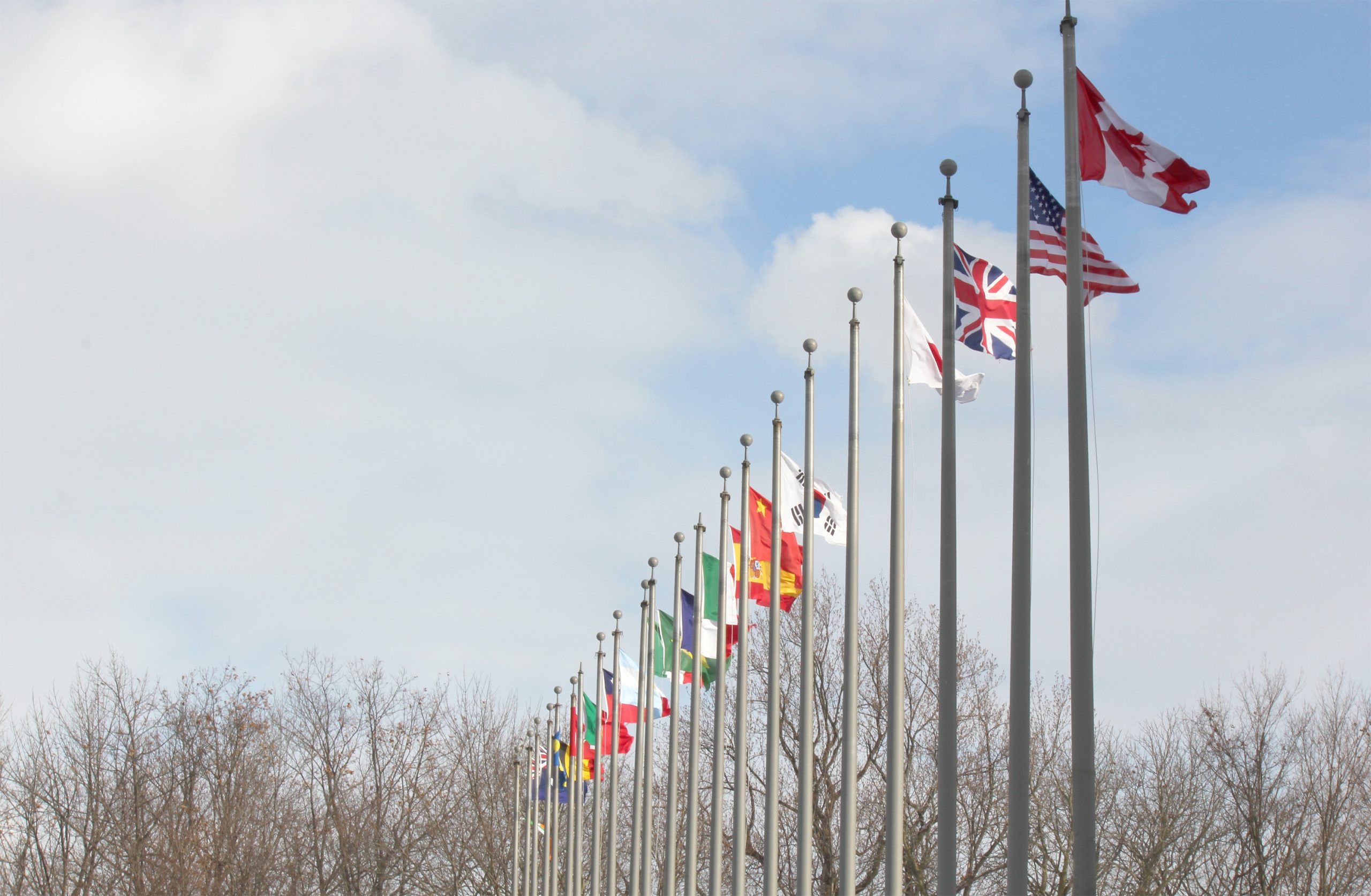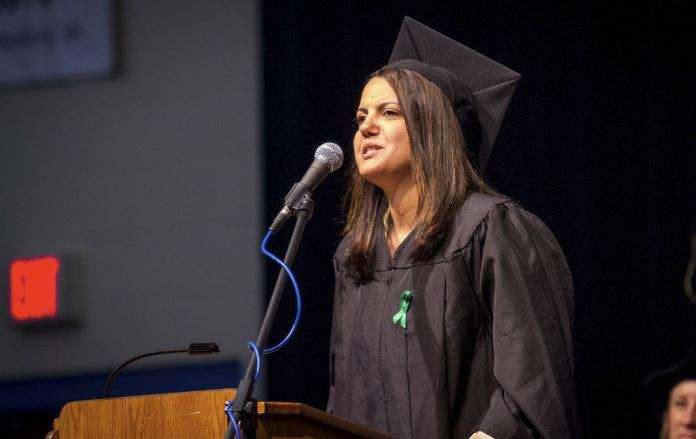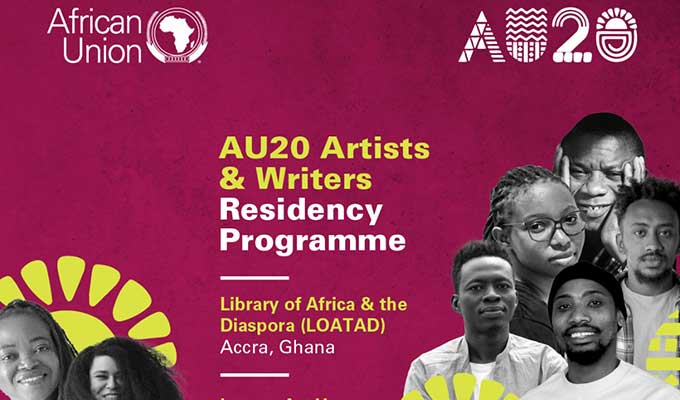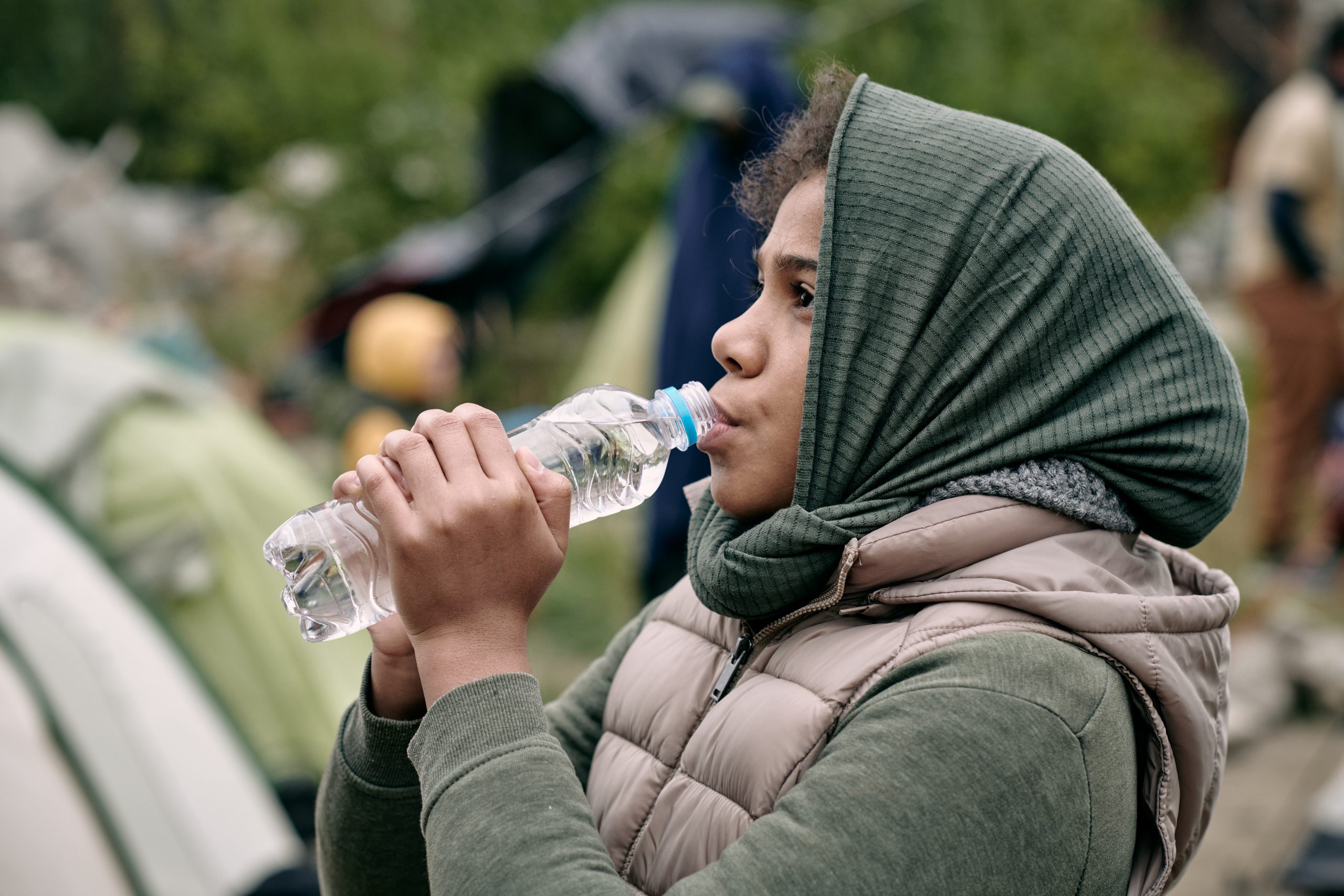LIBYA
LIBYA: UN calls for rapid formation of an inclusive government

The inter-Ibyan political dialogue announced on Tuesday, 09 February, that it had reached an agreement on a new unified interim executive authority. Its mission will be to guide the country towards the presidential and legislative elections scheduled for December 2021. The United Nations welcomed this news and immediately called on the new Transitional Council to quickly form an inclusive government.
A glimmer of hope in Libya after ten years of conflict. Regional and tribal leaders, representatives of political factions, participated in the negotiations organized under the aegis of the UN and whose 75 participants voted the leaders of a transitional authority. The latter will be responsible for preparing the organization of the next national elections that are supposed to allow the country to regain its stability.
The UN has called on this new authority to quickly agree on the formation of a new inclusive government and to proceed with the necessary preparations for the national presidential and legislative elections scheduled for 24 December 2021. According to the former acting UN envoy, Stephanie Williams, this will be a «light force» and «evolutionary», including unarmed civilian observers. “Libyans have drawn up a list of nationalities directly involved in the conflict that they do not want to see in this observation unit and are looking for observers from other countries,” she said on Friday without giving any indication of the states in question.
Abdel Hamid Dbeibah and Mohammed Younes el-Menfi, respectively elected Interim Prime Minister and President of the Presidential Council, must reunite the institutions of a divisive state, with two hitherto rival authorities based in the West and East.
The 15-member Council called on all parties to fully implement the October 2020 ceasefire agreement. They call on UN member states to “respect and support the full implementation of the agreement, including the immediate withdrawal of all foreign forces and mercenaries from Libya.”
The Security Council also called on all Member States to fully comply with the arms embargo imposed by the Council in accordance with the relevant resolutions.It also stressed the importance of implementing a credible and effective monitoring mechanism for the ceasefire led by Libya under the auspices of the United Nations, and welcomed the rapid deployment of a forward team in Libya.
LIBYA
LIBYA – Morocco welcomes appointment of new UN envoy

Morocco welcomed on Sunday the appointment by Antonio Guterres, Secretary General of the United Nations, of Senegalese Abdoulaye Bathily as Special Representative for Libya and Head of the UN Support Mission in Libya (UNSMIL).
In a statement from the Ministry of Foreign Affairs, African Cooperation and Moroccans Living Abroad, the Kingdom of Morocco expresses its “full support” for the new UN envoy and affirms its “full willingness” to cooperate alongside him in order to contribute “effectively” efforts to ensure that the Libyan parties reach the necessary consensus for the holding of parliamentary and presidential elections, as the only way to overcome the current situation, stresses the statement.
Morocco, which hosted the signing of the Libyan Skhirat Political Agreement on 17 December 2015 and hosted the Inter-Parliamentary Dialogue SessionsLibya in Bouznika, will continue its commitment to international efforts to establish security and stability in this Maghreb country, concludes the communiqué.
Source: The Economist
LIBYA
LIBYA – Saif Al-Islam Gaddafi, the son of former president Muammar Gaddafi aspires to lead the country

Disappeared since 2017 after being captured in November 2011 by an armed group in Zenten and released in 2017, Seif al-Islam Gaddafi intends to run in the next presidential election in December 2021. The announcement was made in an interview with the New York Times on Friday, July 30, 2021, by the son of the former head of state, Muammar Gaddafi. He sees himself as the only man capable of ensuring the unity of the Libyan people who has been in a state of instability since his father’s death in 2011.
Seif al-Islam Gaddafi, son of former Libyan President Muammar Gaddafi, wants to succeed his father and put his country back on the path of emergence. In an interview with the New York Times on 30 July 2021, he is convinced that “he alone can represent the state for all Libyans.” The 49-year-old man wants to bring about the change the Libyan people have been waiting for since the fall of Muammar Gaddafi following a popular uprising that ended 40 years of power (1969 – 2011). It is time to return to the past. The country is on its knees (…), there is no money, no security. There is no life here.” he insisted.
Seif al-Islam Gaddafi had been out of sight for four years. In 2011, after his father’s death, he was captured in November by an armed group in Zenten, a city in the northwest of Libya. In 2015, he was sentenced to death by the same group after an expeditious trial. But, he was finally released two years later. A release that, for him, sounds like an opportunity for Libya because he will run in the next presidential election with the firm conviction that he will be the head of the country. Currently under an arrest warrant from the International Criminal Court for “crimes against humanity”, Seif al-Islam Gaddafi believes that “these legal issues could be negotiated if a majority of the Libyan people chose him as leader,” writes the New York Times.
An engineer by training and educated in Europe, London and Vienna, Seif Al-Islam Gaddafi was in charge of several diplomatic affairs during his father’s reign. The US daily (New York Times) quoted a Libyan poll that shows that 57% of the population of a region of the country trusts him.
LIBYA
LIBYA – five women ministers in the new government

With the establishment of a new government of national unity with the presence of five women ministers, Libya has made great strides towards a return to calm and definitive peace, after almost 10 years of appalling war on its territory. . Even if this female representation in the government is lower than the promises and considered clearly insufficient on the road to parity. By Afrik.com
This is a “major step in advancing women’s rights,” responded UN Women in Libya. A “historic moment for Libyan women,” said US Ambassador Richard Norland. Resulting from a UN process, this new government will have the primary task of pulling the country out of a decade of chaos and divisions, by leading it to national elections in December 2021. But with five women among its members. 26 ministers and six ministers of state, it also marks a relative breakthrough on the gender issue.
An activist from Benghazi (East), named Najla al-Mangoush, has thus been appointed head of Foreign Affairs. This trained lawyer had already made a name for herself in 2011 as a member of the National Transitional Council (CNT), the official body of the 2011 revolution that ousted Colonel Muammar Gaddafi from power. Mabrouka Touki, an academic from Fezzan (south) with a degree in nuclear physics, will be in charge of the Ministry of Culture, while the lawyer Halima Ibrahim Abderrahmane, from Gharyan (west), has inherited the justice portfolio.
Wafa Al-Kilani and Houria al-Tormal will take the head of the Ministry of Social Affairs and of Women’s Affairs, respectively. If they played a crucial role during the revolt of 2011, Libyan women have gradually been excluded from the transition process, with a weak presence in the transitional bodies and Parliament. The former Government of National Unity (GNA) of Fayez al-Sarraj, installed in 2016 in western Libya, had two women out of around 30 portfolios. The eastern one, unrecognized by the international community, only one.
On social networks, the remarkable presence of women in the government of businessman Abdelhamid Dbeibah is hailed as “a big step”, a “leap for society” and a “promising start” for the return of peace in the country. But the reactions are much more contrasted among activists, who argue that the new executive should do more.
This is the case of Ghalia Sassi, president of the association “Ma’aha” (with her). “We are proud to see Libyan women appointed to positions of sovereignty, but also unhappy that the Prime Minister has failed in his commitment to reserve 30% of positions for women,” she said. While Abdelhamid Dbeibah had pledged to respect this threshold during his campaign, they are ultimately only 15% of his executive.
Source : Afrik.com
-

 EAST AFRICA1 year .
EAST AFRICA1 year .TANZANIA – President meets with Chairman of the Board and CEO of the Merck Foundation
-

 CHAUD TOO CHAUD3 years .
CHAUD TOO CHAUD3 years .POLITICS – [INTERVIEW EXCLUSIVE] – MADAGASCAR – Fanirisoa Ernaivo, a politician and activist committed to the rule of law and respect for democracy
-

 BUSINESS8 months .
BUSINESS8 months .GUINEA – Authorities demand repatriation of mining revenues
-

 CULTURE2 years .
CULTURE2 years .AFRICA – African writers and artists celebrate the 20th anniversary of the African Union
-

 IMMIGRATION10 months .
IMMIGRATION10 months .AFRICA – Migrant smuggling brings 59 billion CFA francs to smugglers per year
-

 POLITICS5 months .
POLITICS5 months .SENEGAL – Presidential election 2024: Registration of 79 candidates declared
-

 CULTURE3 years .
CULTURE3 years .SENEGAL – “Sadik Lady” by Viviane Chidid
-

 POLITICS3 years .
POLITICS3 years .SOUTH AFRICA – Former President Jacob Zuma in prison



